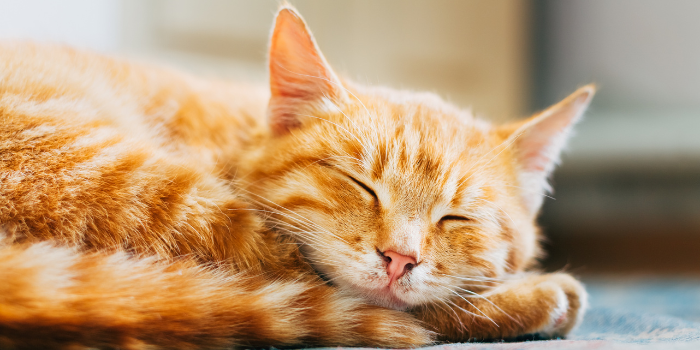“But, isn’t he/she too old for a dental procedure?”
Our team would love to help provide reassurance about any fears that pet owners may have about their older pet undergoing a general anaesthetic for dental or surgical procedures. Here’s what we can do to help support senior pets receive the best and safest healthcare.
1. Myths about old age
First and foremost, old age is not a health problem in itself! We see many senior pets who still have excellent cardiovascular and organ health, and therefore have minimal additional risk associated with undergoing a general anaesthetic.
2. Quality of life
As pet owners ourselves and keen advocates of pet welfare, we will only recommend necessary dental or surgical procedures—that is, procedures that will help maintain your pet’s health, comfort, and quality of life.
Regular dental health maintenance not only prevents pets from suffering from chronic dental pain but also supports their general health by keeping unhealthy bacteria in their mouth to a minimum. This helps to prevent unhealthy bacteria from entering their bloodstream and negatively affecting their organ health.
In pets with lumps, we will usually be able to offer a range of options for investigation and treatment (depending on your pet’s specific case), allowing you to select the options your pet is likely to cope with best.
3. Pre-anaesthetic safety checks and planning
Before proceeding with a general anaesthetic in a senior pet, we can get a more informed idea of their general health (and therefore any likely increased anaesthetic or surgical risks) by performing a physical examination and appropriate pre-anaesthetic testing on them, such as blood and urine tests.
If any organ issues are identified in your pet, we can then make recommendations on how to help minimise their risk, such as:
- Avoiding the use of certain sedative drugs that may not suit them
- Considering staged procedures (i.e. two shorter anaesthetics)
- Referring your pet to a specialist for more advanced diagnostic or treatment options
For further advice on the safest healthcare for senior pets, consult our knowledgeable veterinary team.

